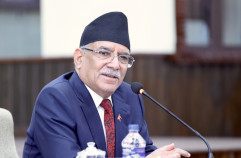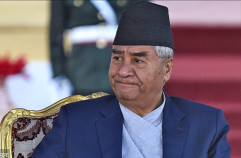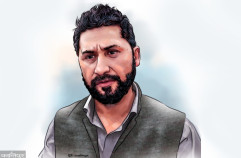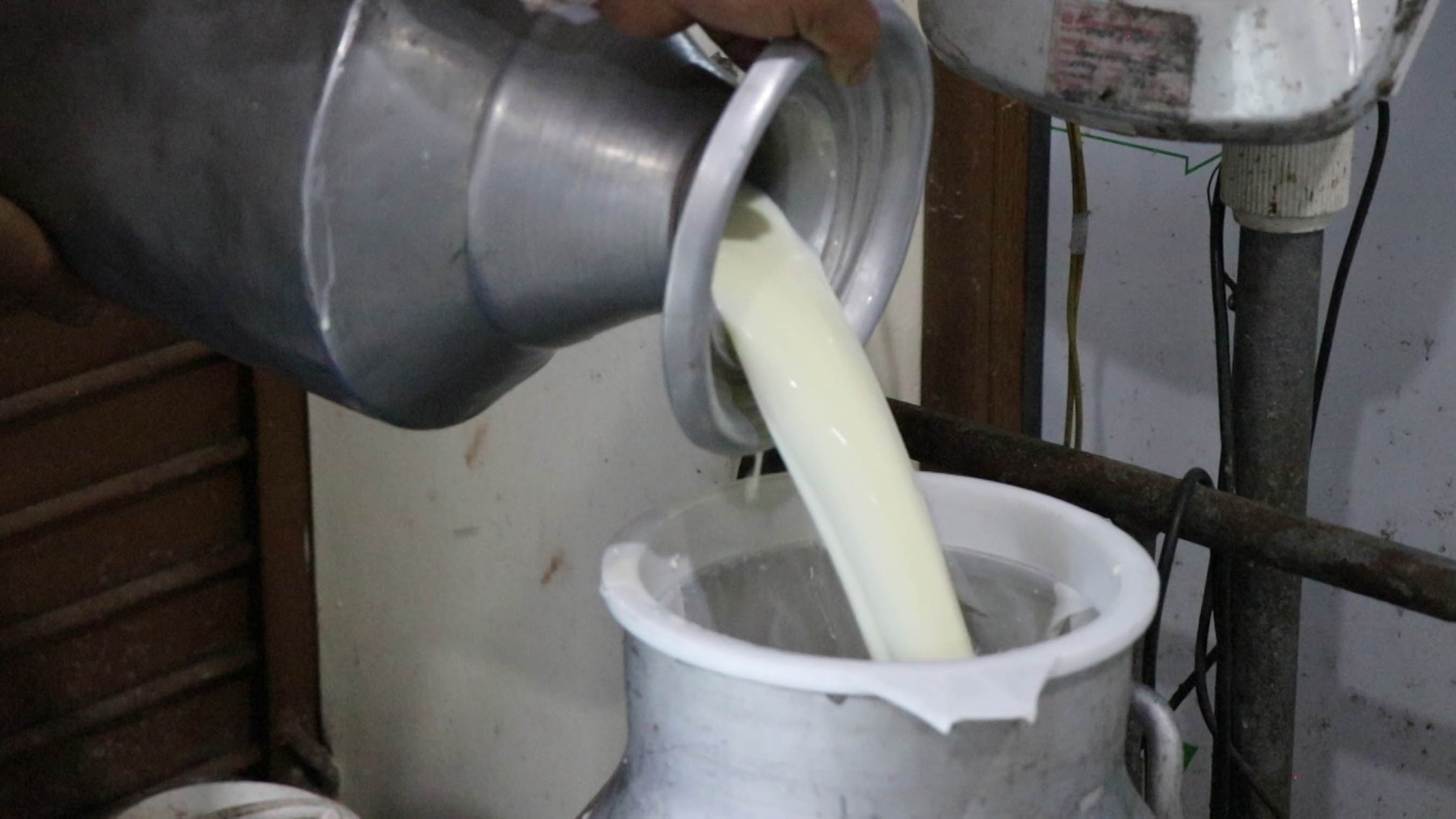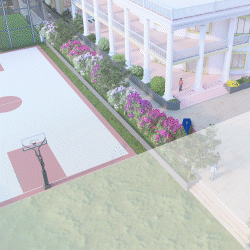Discussions between the ruling party and the opposition to find an agreement on the TRC Bill
We use Google Cloud Translation Services. Google requires we provide the following disclaimer relating to use of this service:
This service may contain translations powered by Google. Google disclaims all warranties related to the translations, expressed or implied, including any warranties of accuracy, reliability, and any implied warranties of merchantability, fitness for a particular purpose, and noninfringement.


Discussions have been held between the ruling party and the main opposition party Congress to seek an agreement on the Transitional Justice (TRC) Bill. The TRC Bill, which was tried to be advanced during the alliance with the Congress, was stopped due to the disagreement of the UML at that time.



Although the equation with UML was formed after the Congress-led coalition last February, the bill related to TRC has been stalled in the parliament. Pushpa Kamal Dahal, the Prime Minister of both alliances said that finishing the rest of the peace process is his top priority, but it has not been able to move forward.
After the collaboration between UML and Maoists started, UML appeared to be flexible in TRC, but because of Congress' lack of interest, it was stuck in the parliament. Leaders including Prime Minister Dahal, Congress President Sher Bahadur Deuba and UML President KP Sharma Oli are trying to find consensus on the TRC at the Prime Minister's Residence Baluwatar on Thursday.
The UML stopped the Congress-Maoist coalition government from trying to advance the TAR Bill by keeping the victims at the center. But after the power equation in the third week of February, the UML is ready to advance the TRC bill.
After the new equation was formed, the five political parties promised to enact the TRC-related law as a "minimum policy priority and common resolution". It is stated in the common resolution that the government will present to the parliament, 'to make immediate legal arrangements to complete the rest of the peace process, to establish the truth based on the facts with the victims at the center,' and to address the pain caused by the conflict through justice, compensation, reparation, forgiveness and reconciliation on the basis of the truth.
Even when Dahal became the Prime Minister for the first time in 2065, the priority was to complete the peace process. At that time, chief seven and assistant 21 Maoist fighters who were in the temporary camp were given priority to accommodate and give a respectful farewell. In Chait 2068, when the then Maoist Vice President Baburam Bhattarai was the Prime Minister, 1,400 fighters out of 19,600 were recruited into the Nepali Army, while other fighters chose voluntary adjustment with 5 to 10 lakh rupees.
But the remaining tasks of the peace process include finding the truth and giving justice to the victims, punishing those who violate serious human rights, and investigating missing citizens. After 2075, 12 governments prioritized ending the peace process, but it is incomplete due to the political interests of major parties.
 प्रकाशित : असार १३, २०८१ १७:४६
प्रकाशित : असार १३, २०८१ १७:४६

 २३.१२°C काठमाडौं
२३.१२°C काठमाडौं





